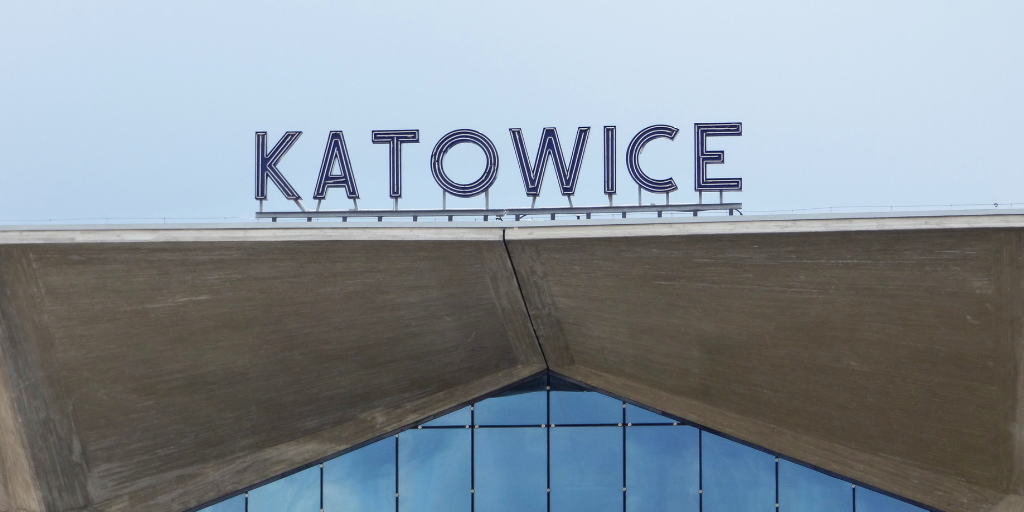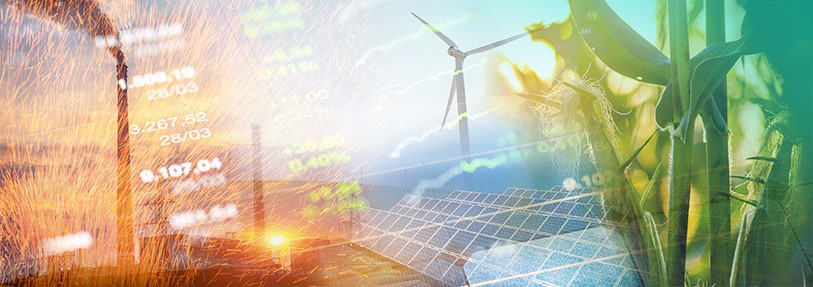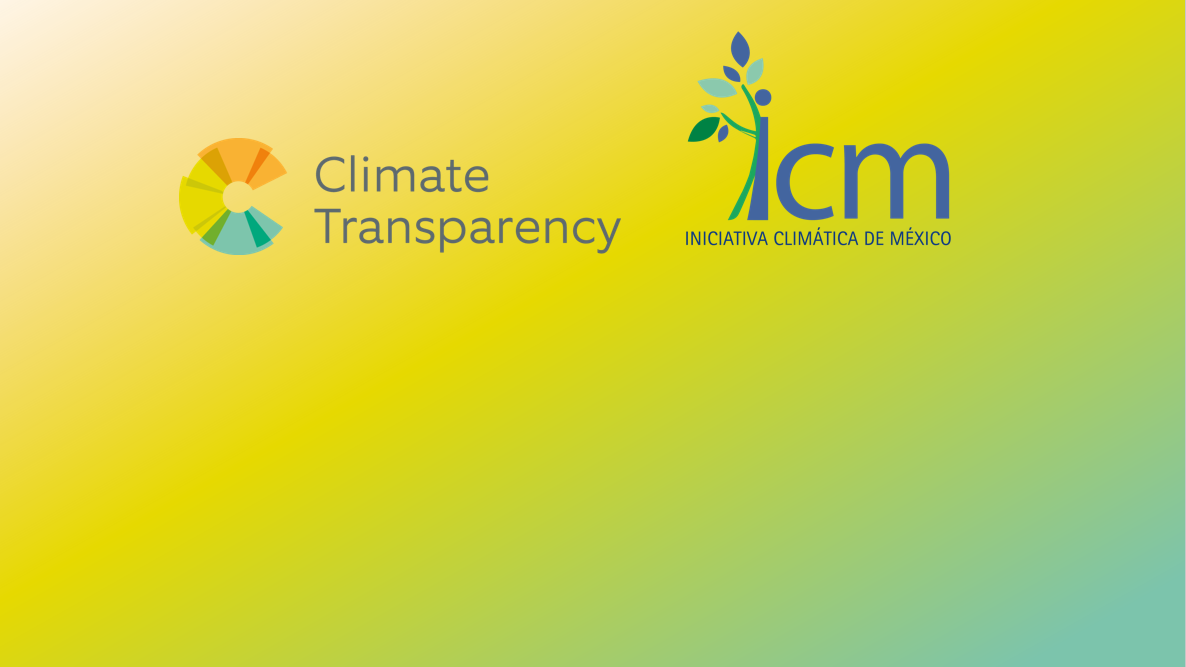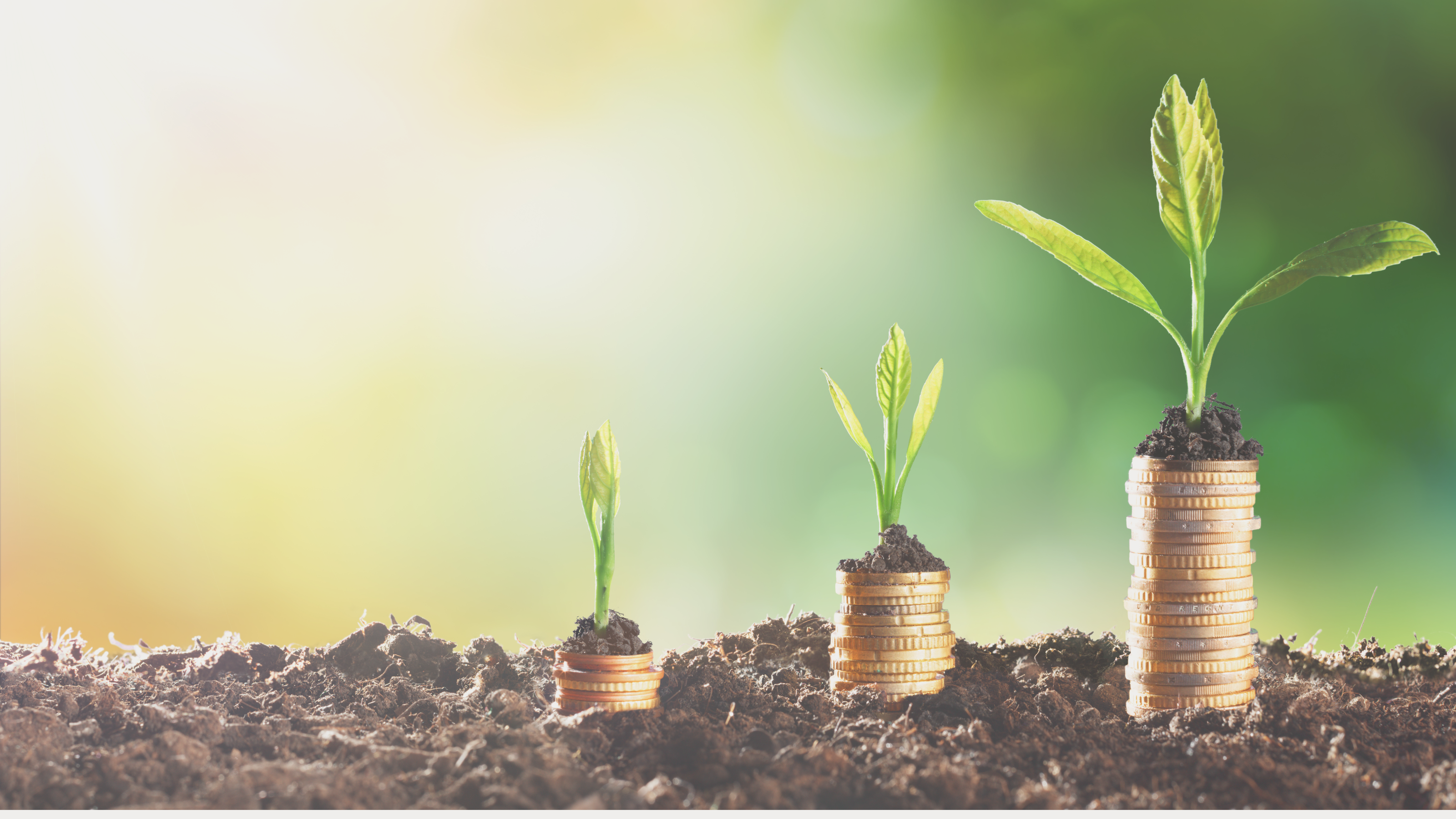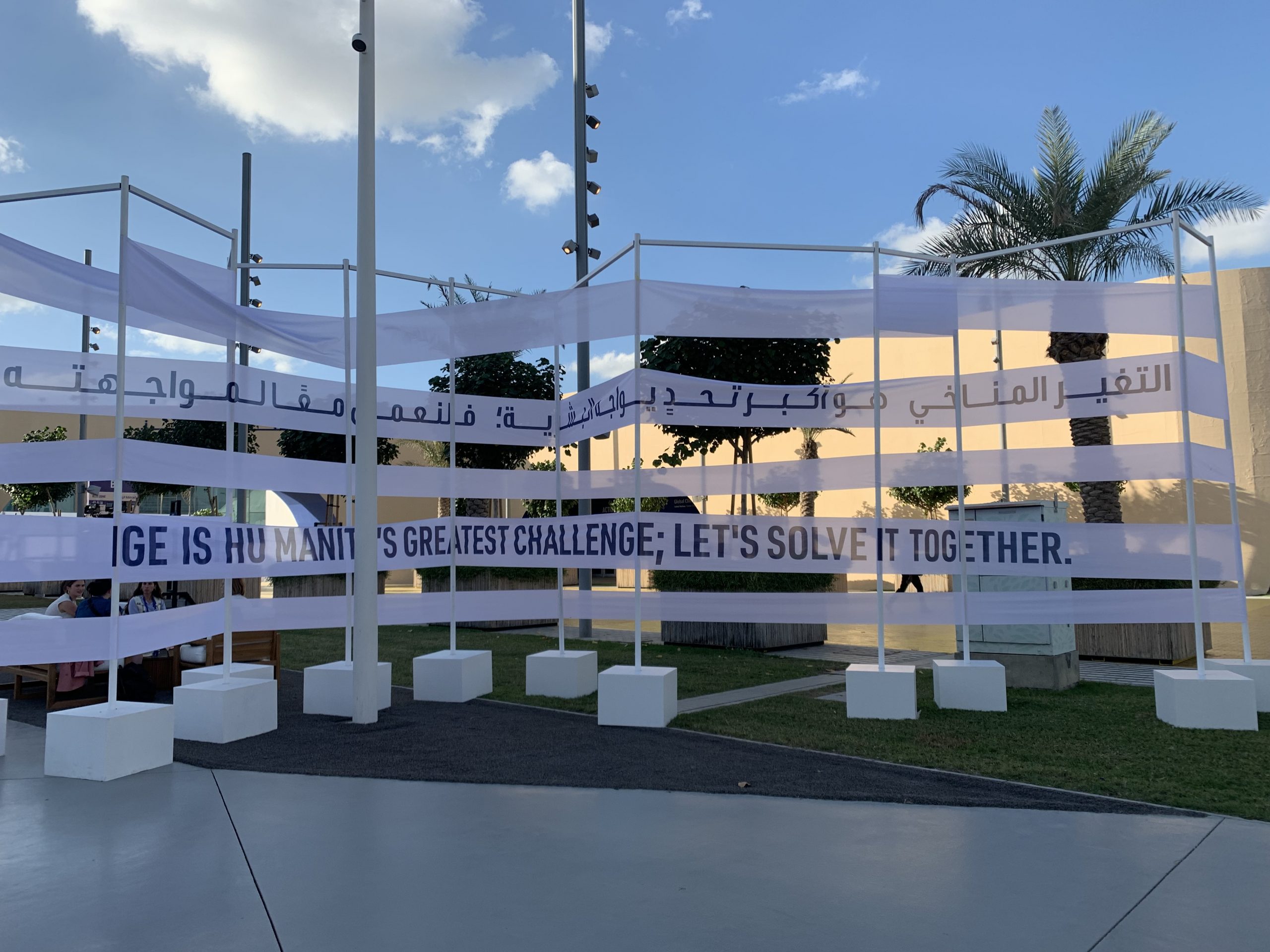During COP24 in Katowice, Poland, Climate Transparency will organise several side events, to which we cordially invite you.
All details can be found below:
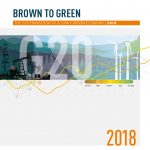
“The Emissions Gap and the Brown to Green report – How do we enhance ambition and accelerate action?”
4 DECEMBER 2018 (Tuesday)
17:00 -18:30
EU PAVILLON, COP Venue
The UN Environment Emissions Gap Report 2018 and the Climate Transparency Brown to Green Report show alarming gaps in mitigation ambition and action, while also highlighting the many opportunities for narrowing these gaps.
This side event features presentations of the key findings of the two reports, followed by an interactive discussion between panelists and the audience on: the extent to which G20 countries are on track to the Paris Agreement goals? What are the key opportunities for enhancing ambition and accelerating action? Who are the leaders and laggards and what can countries learn from each other?
Moderator:
Surabi Menon (ClimateWorks Foundation)
Speakers:
Anne Olhoff (UNEP DTU Partnership),
Niklas Höhne (NewClimate Institute)
Panelists:
Jesse Burton (University of Cape Town),
Michel den Elzen (PBL Netherlands Environmental Assessment Agency),
Angel Hsu (Yale NUS-College),
Matthias Kalkuhl (Mercator Institute, MCC),
Enrique Maurtua Konstantinidis (FARN),
Takeshi Kuramochi (NewClimate Institute)

“Who are the G20 climate leaders and laggards? – Raising ambition through country comparisons.”
5 DECEMBER 2018 (Wednesday), 14:00 -15:00
GERMAN PAVILLON, COP Venue
During this event, key insights of the Brown to Green Report 2018 will be discussed by government representatives from different G20 countries focusing on the following questions: 1) In how far are the G20 countries on track to reach the Paris Agreement and where is action needed to improve the NDCs? and 2) Who are the leaders and laggards among G20 countries considering climate policies, decarbonisation trends and financing and what can countries learn from each other?
Moderator:
Yixiu Wu (China Team Leader, Strategic Communication, European Climate Foundation/GSCC)
Speakers:
Jan Burck (Senior Advisor – Low-Carbon Strategies & Energy, Germanwatch),
Hannah Schindler (Project Manager Climate Transparency, HUMBOLDT-VIADRINA Governance Platform)
Panelists:
Wahyu Marjaka (Director of Sectoral and Regional Resource Mobilisation, Ministry of Environment and Forestry, Indonesia),
Norbert Gorißen (Deputy Director General, Federal Ministry for the Environment, Nature Conservation and Nuclear Safety, Germany),
Representative of South Africa (tbc),
Adriano Santhiago de Oliveira (Director, Department of Climate Change, Brazil)
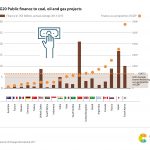
“Making finance flows consistent with Paris objectives: insights on operationalizing Article 2.1c.”
6 DECEMBER 2018 (Thursday), 16:45-18:15
Room 6, COP Venue
Article 2.1c of the Paris Agreement calls for finance flows to be aligned with low emissions and climate-resilient development pathways. This event will explore how this key goal can be operationalized in the Paris architecture, and the role of non-state actors in supporting the shift.
Moderator:
Paul Bodnar (RMI)
Speakers (and speaking briefs):
Paper author – Why Article 2.1c is important, how it can be operationalized
Shelagh Whitley, ODI
Developing country government – domestic action on 2.1c, and opportunities within the UNFCCC
Lia Nicholson, Antigua and Barbuda
Developed country government – domestic action on 2.1c, and opportunities within the UNFCCC
Archie Young, BEIS, UK
Regional development bank – institutional action on 2.1c, and how it’s working in region of focus
Amal Lee Amin, IDB
Bilateral financial institution – institutional action on 2.1c, and steps towards aligning financial flows across France (both domestic and international finance)
Damien Navizet, AfD
Private finance – investor action on 2.1c, and how it’s working within their country.
Nick Robins, LSE Grantham Institute

